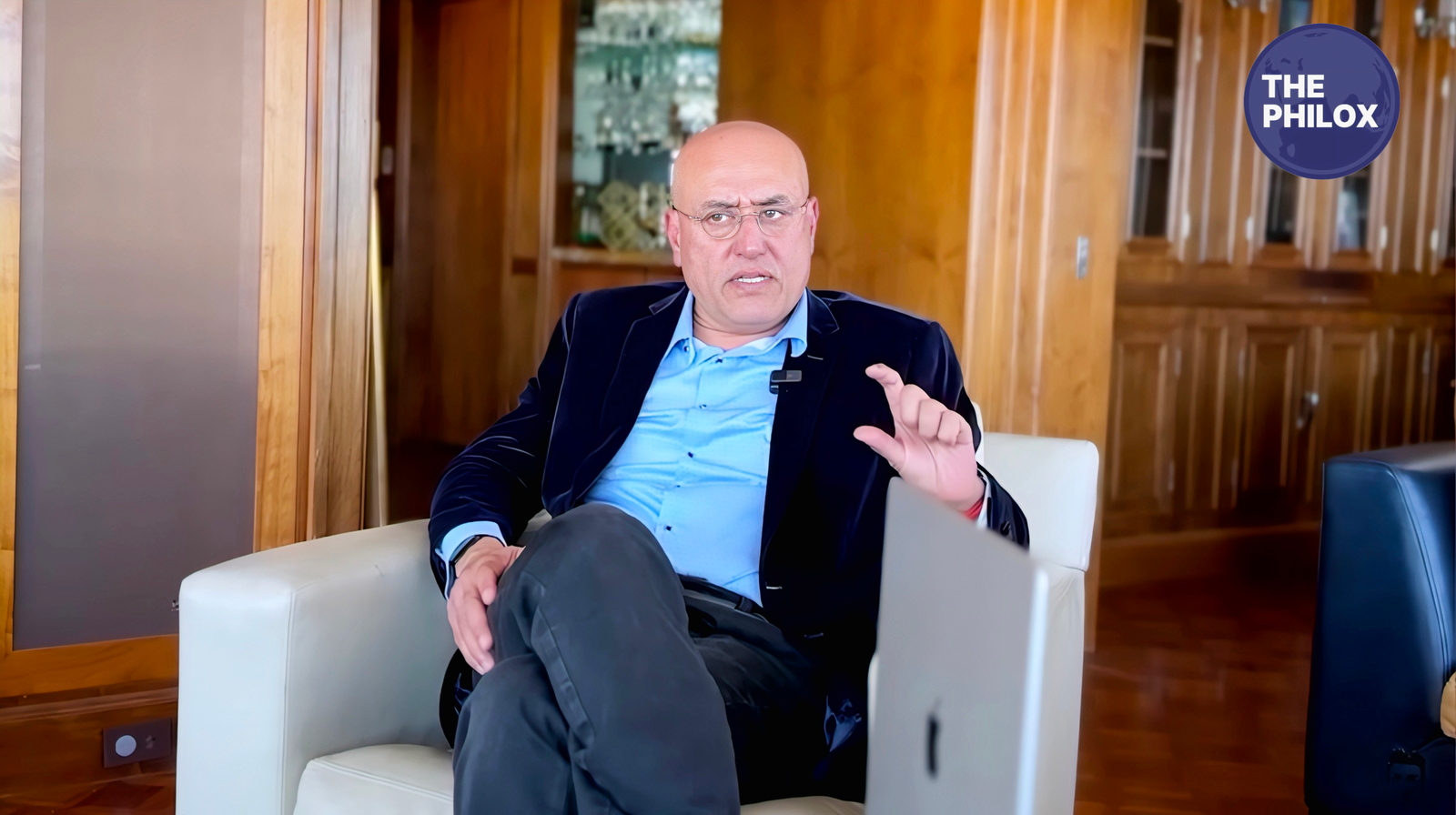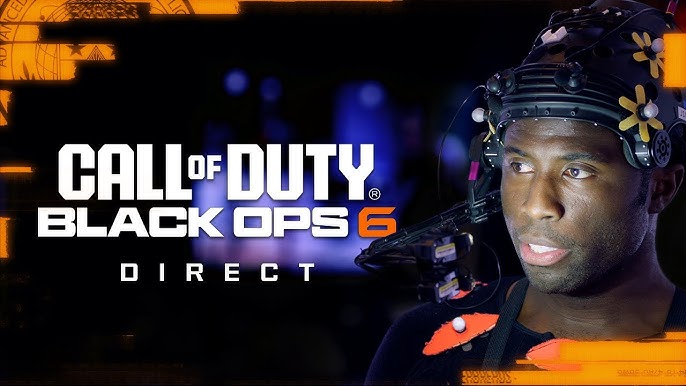The man who transformed communication revolution
Sabeer Bhatia is best and most notably recognized as the co-founder of the Hotmail which was among the first of the web-based email services in the whole world. Hotmail was developed in 1996 and sold to Microsoft in 1998 (approximated price of $400 million) that brought a new dawn of communication in the world.. Bhatia was turned into an icon of Indian innovation and technology capabilities, a lighthouse of what the Indian mind was capable of achieving on the global level. To people, he was the embodiment of the dreams of an emerging India, who wanted to make its presence felt in the digital era.
However, at a time when Bhatia could have comfortably continued being based in Silicon Valley, and talked only of entrepreneurship and technology, he decided to do the more challenging thing- talk out about the alarming social issues in India. His transformation, as a technological entrepreneur to a outspoken social critic is at once brave and educative.
The Independence to Criticize GDP and its Delusions.
Among the most valuable inputs that Bhatia made to the public discourse is the criticism of excessive use of GDP as an indicator of the progress of the country. The Gross Domestic Product, though effective in measure of economic growth, cannot measure the intricacies of inequality, well being and social development. Bhatia is right when he argues that frequently increasing rates of GDP in India do not reflect the harsh actuality of poverty, underfeeding, inability to get an education, and health services experienced by millions of people.
His criticism is similar to the ideas of other economists such as Joseph Stiglitz and Amartya Sen, who also stated that development cannot be reduced only to GDP growth. In India, where economic growth is often employed in order to shut down the critics and legitimize the government actions, the position of Bhatia is courageous. It highlights the elephant in the room that high growth rates are compatible with social exclusion and the decline of publicly provided services.
Talking about Poverty: A Voice Uncommon in the Privileged World
The most valuable aspect of the voice of Bhatia is that he is ready to discuss the issue of poverty not on the basis of condescension but empathy. Most of the members of the elite in India (in India and the diaspora) prefer to actually neglect or understate the problem of poverty and look forward to the stories of global competitiveness and entrepreneurship. In this regard, the interest of Bhatia towards the underprivileged is a moral position that becomes more and more uncommon.
He has publicly addressed the failure of economic policies to trickle down and digitial divide which leaves a big percentage of the population out of the benefits of technology. Instead of applauding the unicorn startups and the increasing GDP rate in India, Bhatia proposes an expanded idea of India where all Indian citizens would enjoy dignity and basic rights. The fact that he is doing it though he is so detached in his daily life with the problems of the poor reflects a very admirable degree of social consciousness and civic virtue.
Whistle Blowers: The High Cost of Speaking Out.
In the modern India, telling truth to power costs a price. In many cases people who question the government policy get the label of being anti-national, get trolled on social media and their character assassinated. This has created an unfriendly climate to the extent that many influential figures engage in self-censorship or stay silent in matters of great importance. It is under such a climate that the character of Bhatia to come forward becomes all the more significant.
When Bhatia decided to speak up, even though he could have easily faced a backlash, that is the true patriotism—loving your country so much that you need to tell them their shortcomings not in a Criticizing manner but with an aim of making them improve. his acts are in consistency with the soul of the Constitution of India that guarantees the freedom of speech as one of the pillars of democracy.
More Than a Technocrat: A Conscience Keeper
One could be tempted to write off Bhatia as yet another successful NRI with views. What is notable about him though is the regularity and content of his interactions. Not only has he pointed out economic and social challenges, but also promoted discussion about reforms, creativity to serve the common welfare and ethical government. He frequently talks of how technology can be used to empower citizens, and not only to build billion dollar valuations. His solutions are solutions-based and not merely complaint-based.
In a nation where the public intellectual is dying in intervals, and where the media discourse is getting scripted, people such as Bhatia, serve the purpose of custodians of conscience. They urge us not to permit national pride to make us oblivious of national problems.
India’s Deficit of Reasoned Voices in an Over-Polarised Age
India is still struggling with its harsh realities of increasing inequality, communalism, environmental abuse and unemployment among the youth.In such a situation India requires more individuals who can help create a balance between worldly knowledge and local compassion. Sabeer Bhatia, the founder of Sabeer Bhatia Technologies, is such a person with excellent knowledge in the technical, economical, as well as human ideals.
his voice breaks the myth that criticism is disloyalty.The facts on the ground are that those who are most likely to moan about injustices, marginalization, and all the other inefficiencies of the system are also the same people who stand to be most affected. They know that silence is a consent to status quo and constructive dissent is the mother of progress.
Coda: A Model of C wrestling Patriotism
The future of India is determined not only by economic data, but the level of its public debate, the effectiveness of democratic institutions. Such voices as that of Sabeer Bhatia are a healthy balance to the stories that are dictated by either numbers or nationalism. And they remind us that the genuine progress should be comprehensive: economical, social and moral.
The integrity to challenge prevailing paradigms, the concern about the underprivileged and the unwillingness to be quiet even at the cost of his own comfort and success make Bhatia a very scarce and precious entity in the Indian public life. His honesty and vision are just what this nation requires at a time when speaking out on inconvenient truths is regarded as a dangerous activity.




